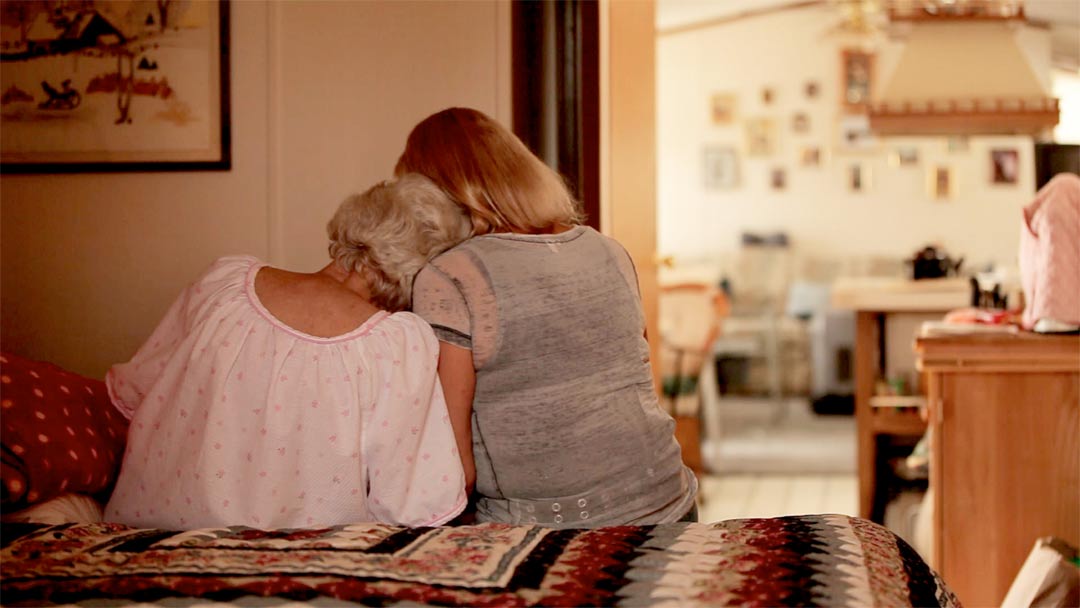A Life Worth Ending
The era of medical miracles has created a new phase of aging, as far from living as it is from dying. A son’s plea to let his mother go.
Michael Wolff, New York Magazine (May 20, 2012)
The Suicide Plan
Frontline, WGBH Boston (November 2012)
If there is anything that the Death Reference Desk can safely predict for 2013, it is this: right to die and assisted dying cases will continue to both happen and capture public attention.
I was catching up on some 2012 reading during the holidays and finally read Michael Wolff’s article in New York Magazine about watching his mother die. It is an exceptionally well written piece and it truly captures the following biomedical paradox: preventing death at every turn often makes living unbearable– for both the individual and next-of-kin.
One of Wolff’s key points is that the current generation of aging adults watching their elderly parents decline will most certainly impact how these same aging adults want to die. He is absolutely correct, and I do not foresee that situation lessening to any degree.
It was after I read Wolff’s article that I finally got a chance to watch the Frontline documentary, The Suicide Plan. I never intended these back-to-back end-of-life activities but they absolutely complemented each other.
The Frontline documentary is worth watching, if for any reason, it is a sign of what is to come regarding individuals who want to end their lives because of terminal illness. Death Ref has covered these kinds of cases before and will continue to do so into the future. The key issue is less about the actual suicide and more about if another person assists in the death. What exactly constitutes “assisting” or “to assist” takes on all kinds of meanings. Frontline examines a number of assisted dying cases in just this way.
Both Wolff’s article and The Suicide Plan share an important argument: forcing terminally ill individuals to live when they want to die, requires both collective, national debates (i.e., as part of health care laws) and individual, personal conversations so that next-of-kin know (and can document) what kind of death a person wants.
Writing about these end-of-life items reminded me of Tony Nicklinson’s right to die case in the UK. Two good articles on Nicklinson here and here.
Death cannot ultimately be stopped. That’s the central dilemma confronted by both Frontline and Wolff (and the modern West writ large). Different kinds of researchers are certainly looking for a method to delay the aging process and dying by extension but those medical innovations (if actually desirable) are longer term possibilities.
Until that future arrives, many people will continue to choose death.
Watch The Suicide Plan on PBS. See more from FRONTLINE.

One reply on “The Right to Die in 2013”
I am in favor of assisted suicide. If I ever get to the point where I get sick and cannot live a fruitful life – whether it be through physical illness or psychological illness…it should be MY choice!!! My life is MY LIFE!